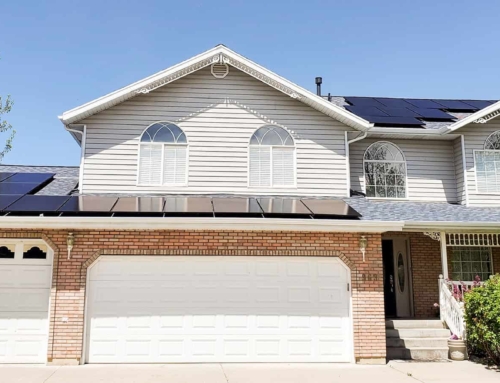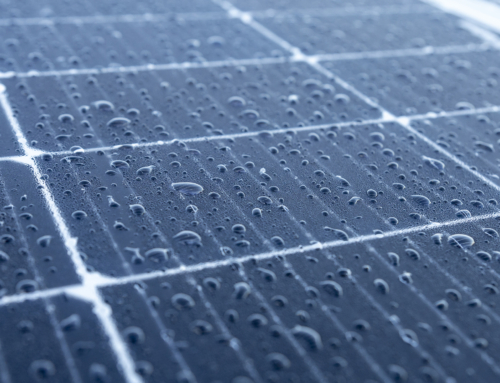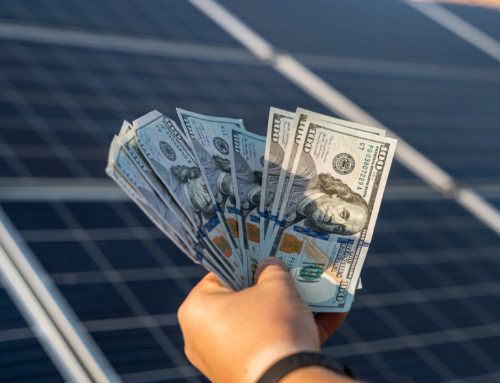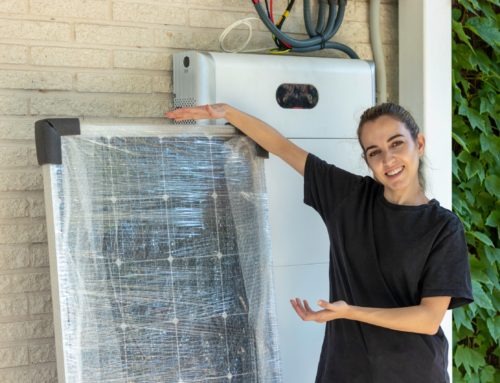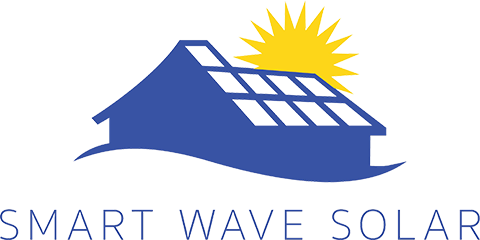There are many factors to consider if you’re thinking about going solar. Solar panels decrease your carbon footprint, provide power during outages and save you money on electricity. However, one of the most significant considerations for homeowners is the cost of purchasing solar panels.
When evaluating that cost, one of the first things you should do is to solicit and then look at bids from multiple companies. These bids are combined cost estimate proposals for the solar panel equipment, installation, and other fees. But cost estimates can vary significantly between solar equipment suppliers. By learning about solar bidding guidelines, you’ll understand the factors that go into your bid and how to compare the different proposals you receive.
Why Are Solar Bids Different and How to Compare Solar Equipment Suppliers
When you get multiple bids from different suppliers, you’ll notice that the costs vary between companies. This is because many factors go into a supplier’s cost structure, including labor required, the equipment used, the amount of power generated, warranties, and financing options.
Overhead Costs
Some solar equipment suppliers have high overhead costs, resulting in higher bid amounts. Conversely, when a supplier has lower prices, some savings are passed onto customers. However, homeowners should be wary of bids significantly lower than other bids, as this may signal that a supplier is desperate for customers or cutting corners.
Equipment
One of the most significant factors that affect your solar bids is the type and quality of panels installed. Different types of solar panels produce varying amounts of electricity, and some panels last longer than others. Additionally, the number of solar panels and solar panel placement your home needs will also factor into the estimates you receive from different suppliers.
Warranties
Most suppliers provide warranties, but what those warranties include and don’t include may vary. Generally, higher solar bids may include better warranties that could save you money in the long run. Some companies provide additional guarantees, such as any potential damage to your roof. When reviewing your bids, you should always read through warranty information and check if the information you receive is clear about its coverage, process, and coverage amounts.
Permits and Policies
Your bids should include state or local permit costs for solar panel installation or usage. Many federal and state policies encourage the use of solar panels with financial incentives, including the Residential Renewable Energy Tax Credit, which reduces installation costs.
Other Factors Homeowners Should Consider
While the following factors generally don’t impact your solar bids, you should consider them when choosing a supplier.
Solar Power Generation
While solar power generation doesn’t always affect bid costs directly, it’s still an important factor for homeowners to consider. Solar equipment suppliers may provide different power generation estimates, which will factor into the amount saved on electricity in the years to come.
Financing Options
If you’re like most homeowners, you may need a loan to cover the cost of solar panel installation. Suppliers often partner with financial institutions, but financing companies can vary by rates, monthly payments, fees, customer support, and how easy it is to make a payment. Some homeowners might also consider using home equity loans or lines of credit as a tax-deductible financing option.
Scheduling Flexibility
Solar panels are rising in popularity, so some suppliers may have full schedules for weeks or months. Therefore, scheduling flexibility is another factor you should consider when comparing different suppliers.
Negotiating Solar Bids
One fact that many solar bidding guidelines don’t mention is that you may be able to negotiate your solar panel pricing. Before signing a contract, you should always discuss your budget with the company representative and determine if there’s any room for negotiating.
Reviewing Your Contract
Always review your contract before you sign. Ensure the supplier includes a cost breakdown and transparent information about equipment, warranties, and installation. It’s a good idea to keep all of the paperwork you receive, including your warranty information, even after your solar panels are installed.
Contact Smart Wave Solar to Request a Bid
Many factors go into solar bids, and Smart Wave Solar provides clear and transparent costs, benefits, and expectations for our affordable and top-of-the-line services and equipment. Contact us today for more information and to request a bid.

